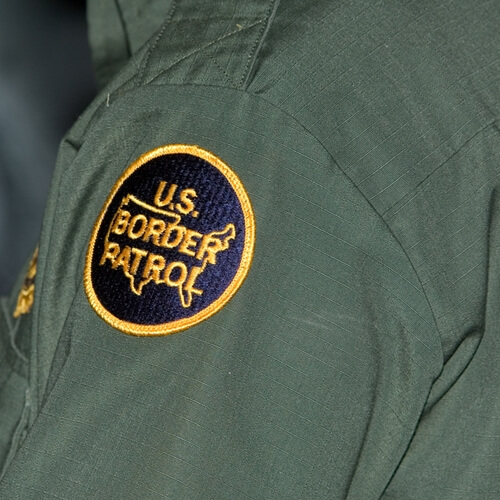Weird Foods Confiscated at U.S. Borders
Some pretty weird things are confiscated at airports and highway border patrol checkpoints around the country. Here are some crazy food items that didn’t make it through security:
- Deer antlers: These bone-like parts can be used in Chinese medicine.
- Sea horses: These little guys are also used in Chinese medicine. They are supposedly helpful in increasing virility.
- Dried geckos: Also supposedly increase virility.
- Needlefish: This species of fish lives in very shallow places or near the surface of the open sea. It is said to rid the body of toxins.
- Pork chicharron: An airport security dog found these tasty snacks in a bag entering the U.S. from the Philippines.
- Birds’ nests: Besides meat and common foods, birds’ nests, especially in liquefied form, are some of the most commonly confiscated items that are confiscated by customs. Countries like Indonesia, Vietnam and China export the most birds’ nests to the United States. Southeast Asian swiftlets make little suction cup-shaped nests with their saliva. The nest hardens, and once cleaned of debris and soaked in water is supposed to be an aphrodisiac.
- Donkey poop: This particular banned substance is rare, but occasionally found on travelers entering the country from Asia. It is considered to be helpful for stopping bleeding when rubbed into wounds.
- Chicken bouillon: Packets or cubes of this powdered substance are some of the most confiscated items at U.S. customs. Travelers from the Philippines and South Africa most frequently try to enter the country with this soup starter.
- Seed packets: Because these tiny seeds can cause issues with the local ecosystems, they are banned from entering the country. The people who most often try to bring them into the U.S. are traveling from South Korea, Vietnam and China.
- Fruit tee: Fruit tea is one of the most common contraband beverages. Citrus peel tea from China is often encountered at customs but is not allowed because it may effect the local ecosystem.
- Dried citrus: Yellow dates, dried lemons and citrus peels are among the the most often smuggled fruits. People flying from South Africa were found to be the travelers most often carrying lemons when crossing the border. In an effort to preserve the citrus industry and species in the U.S., these fruits are not allowed.
- Chinese long beans: Chinese long beans can easily be purchased in the U.S., but they are one of the most commonly smuggled vegetables, coming especially frequently from China and Malaysia. They are banned due to the pesticides used in their production.
- Deer penis: This organ is harvested from the animal while it is alive and is used in Chinese medicine for may things, including helping babies gain weight and as an aphrodisiac. Because deer penises contain ephedrine, they are banned from athletic events.
- Dried fruit: grapes, gooseberries, berries, mangoes, longans and dates are items often confiscated by customs. They are not allowed into the country due to different agricultural practices that involve pesticides or certain bug infestations that customs helps to keep out of the U.S.
Keep this list handy if you plan to take your online cooking school skills outside of the states and aren’t sure what delicacies you can’t bring back home to the good ole USA. Keep in mind, it’s not a complete list. Check with customs for the real deal.
Recommended Posts


